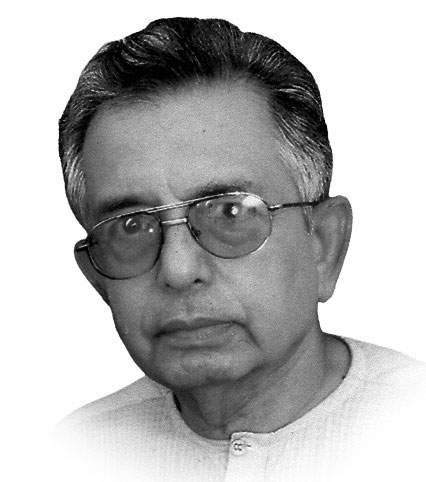Odd move by ECP
MANY newspapers of 07 November carried an advertisement fromElection Commission of Pakistan regarding revision of voters lists. The process is to start on the day it was announced and will end on December 6. The whole exercise will comprise the following three steps: 1) Entry in the voters list according to the CNIC. 2) Exclusion of deceased voters from the list. 3) Updating voters lists in accordance with particulars given in CNICs. The advertisement also had a cautionary note, saying: “Only government servants and their family members can get their votes registered/transferred to the temporary address”.
This last condition is odd because economic migrants to Karachi who have been living and working in the city for decades, and whose CNICs show their Karachi address as their temporary address, while their permanent address is recorded as that of their ancestral home in other provinces or interior of Sindh.
Excluding such persons from voters list for Karachi amounts to disenfranchising them as it is most unlikely that the government would pay them to travel to their ancestral towns simply to cast their votes.
Moreover, in these terrible times, made worse by the Corona pandemic and deteriorating economic situation, when they can’t find even enough to eat — or even in normal times — it is extremely unlikely that these persons would be willing to pay for their journey to their home towns just to cast their vote.
I am 83 year old, have spent nearly half of my life working in the developed West as well as developing Africa, and have been a keen reader of newspapers all my life.
However, I have never ever heard of registration as a voter in a particular constituency made conditional to being a government servant.
Could it, by any chance, be another ploy to consolidate and reinforce the mischief done earlier during the 2017 National Population Census whereby the above-mentioned economic migrants to Karachi were not counted in the city where they live and work and where they were most likely to be present at the time of election.
Additionally, such a travesty of justice – resulting in massive under-count of Karachi population – deprives Karachi of its legitimate share in the revenue distributed by the National Finance Commission, as also of its share in Parliamentary seats.
And since this condition of tying voter registration based on temporary address to government servants has not been mentioned together with the other three conditions listed above, could it be just an after-thought, perhaps of the same group that had adopted somewhat similar means to under-count Karachi population during 2017 census?
This suspicion gets reinforced by the fact that the strategy has been revealed only on the date on which the exercise to amend/update voters lists starts.
And even if unsuitability of this condition is admitted, and remedial action taken, the one-month exercise might be over and then the masses may be given another false promise that the matter will be sorted out soonest possible.
After all, with Parliament and cabinet meetings becoming out of fashion, the govt, at present, is fully-occupied befriending former militants and terrorists of TLP and TTP to possibly make future electoral alliances with.
Premature use of EVMs could also help.
I am also a bit surprised about the thought and decision-making process of state institutions.
Could it be that someone big in the ECP just had a dream about the above measures and decided announcing it without delay, with its application made mandatory from the date the announcement appeared in the newspapers?
After all, three amendments to the NAB Ordinance, made in quick succession, without discussion in Parliament or consultation with coalition partners, point to much the same confused thinking and decision-making process.
All this reminds me of the comedy television series in which a character ‘Gora Sahib’, being faced with ridiculous situations, often exclaimed “What a country?”
— The writer is senior political analyst based in Karachi.










